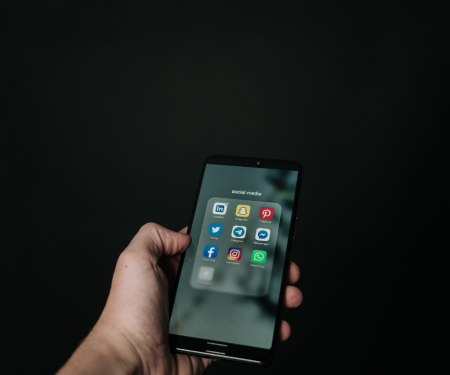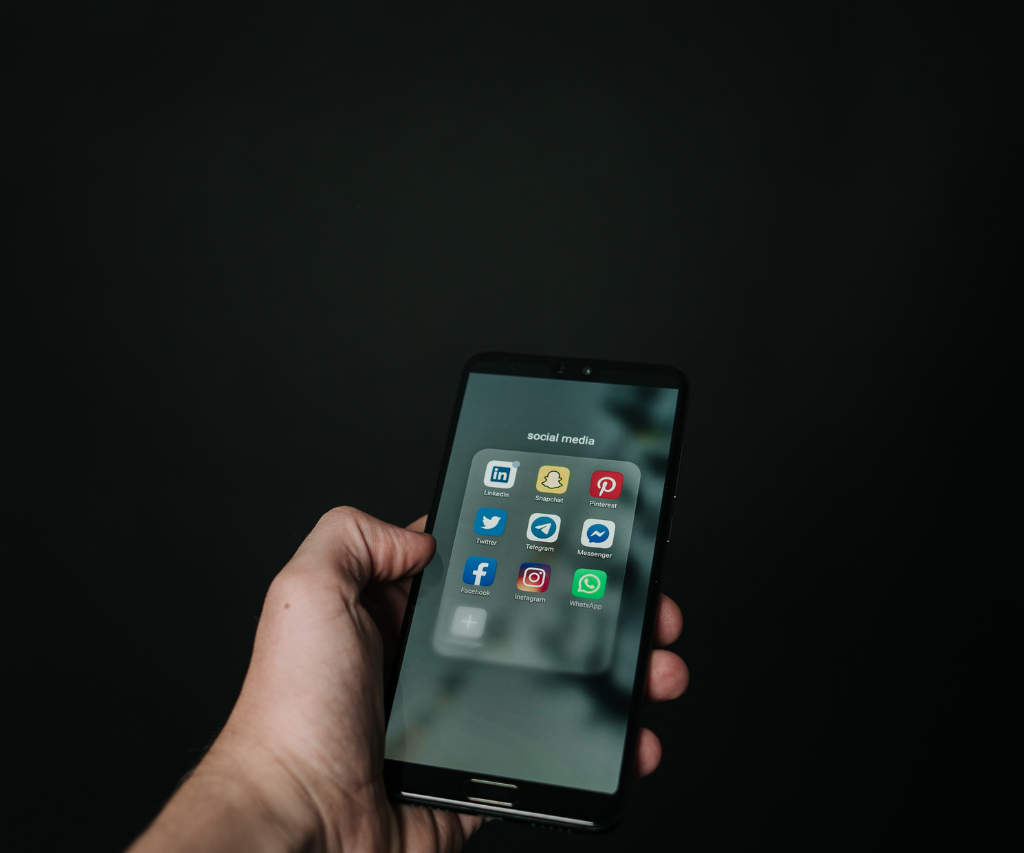Mental health and social media: breaking the positive feedback loop

By Sadori Khawaja
Human beings are social animals. We need connections with other people for our psychological wellness. While social media platforms provide an illusion of connectivity, they do not necessarily result in real connection. Studies have shown that people spending more time on social media are more likely to feel isolated and lonely and experience symptoms of anxiety, depression, low self-esteem, general dissatisfaction from life, and poor body image.
Social media and mental health have an interesting relationship. When an individual uses these platforms excessively and feels lonely and socially isolated, this leads to them using them even more. This is a vicious cycle that is very hard to break. Many individuals might not realize they are addicted in the first place. However, there are no defined cutoffs for screen time; the lesser, the better. Some studies have shown that limiting social media usage to under 30 mins per day led to a profound reduction in the levels of anxiety and sleep disturbances. Social media addiction is not measured in terms of the number of hours one spends but rather the effect it has on the user’s daily life, mood, and the functional impairment resulting from it.
Another factor to consider is the age at which an individual is introduced to social media. The earlier an adolescent joins these platforms, the more significant the impact on their mental health. During this age, the brain, specifically the frontal lobe, is not very well developed. They are still developing an identity of their own and make decisions rather impulsively. Their actions are motivated by a desire to be accepted by peers and social rewards. When social media enters into this chaotic background, it becomes the perfect recipe for disaster. It is estimated that 1 in 5 American teens today are suffering from some mental health disorder. The rates of suicide among youth aged 10-24 increasing 56% from 2007 to 2017 in the United States. There are many reasons behind these figures. Increased awareness of mental health disorders and better access and psychological help may explain these trends partly. Social media is thought to have a significant contribution as these trends mirror the rise and widespread adoption of these networking sites. When teens see a constant barrage of flawless looking individuals living their best life in picture-perfect locations, they are less likely to be satisfied with their life.
According to a recent research, only 31% of the adolescents said that they think social media has a positive impact on their life. This figure shows that teens are not unaware of the risks of being on these platforms, so awareness alone is not going to help. Many people fear that if they are not constantly checking their phones then they will miss out on something or become irrelevant. The algorithms curate the content to perfectly to an individual’s taste that I can be hard to detach themselves. People need to be educated on effective strategies to combat the pandemic of social media additions. This should be a part of the curriculum at school and parents need to be included in the discussion as well.



